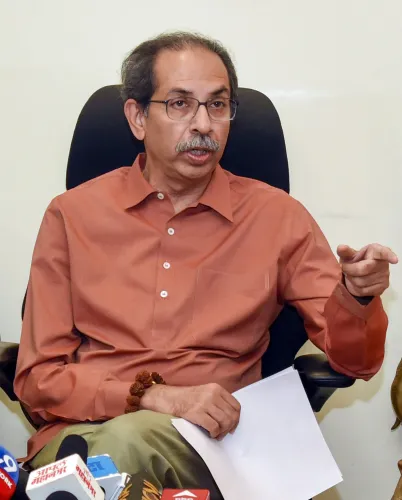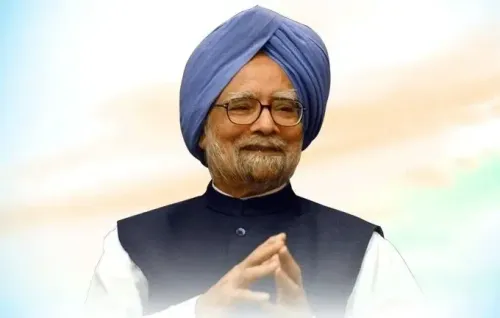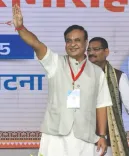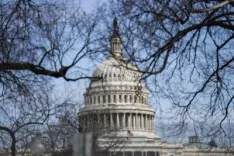Are Welfare Schemes Truly Benefiting the Weaker Sections?
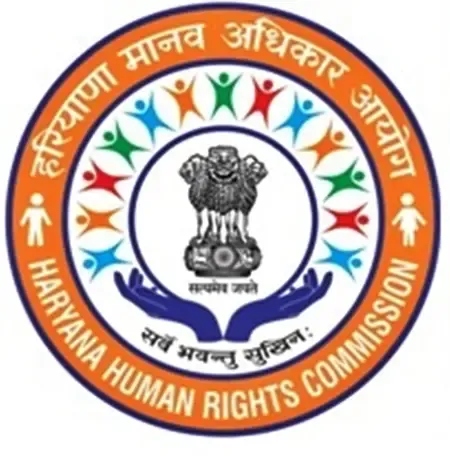
Synopsis
Key Takeaways
- The Haryana Human Rights Commission emphasizes the importance of welfare schemes for economically weaker sections.
- Claims must be handled with diligence to avoid arbitrary rejections.
- Authorities have been directed to ensure compliance and accountability in welfare schemes.
- Ongoing investigations highlight systemic issues needing attention.
- Timely reviews of claims can help uphold the integrity of welfare programs.
Chandigarh, July 10 (NationPress) The Haryana Human Rights Commission has recognized that welfare schemes are designed to ensure social protection for the economically disadvantaged. They have taken note of a troubling case where a claim submitted under the Deen Dayal Upadhyaya Antyodaya Parivar Suraksha Yojana (DAYALU) was arbitrarily rejected. The commission has called for detailed reports from relevant authorities.
The complainant reported that his claim was denied due to an age discrepancy for his deceased father, as listed on the death certificate versus the family ID.
He argued that this mistake was a clerical error that has since been fixed. Nevertheless, even after providing the updated death certificate, the authorities did not reconsider the claim.
Commission Chairperson Justice Lalit Batra emphasized that welfare schemes are intended to support economically weaker groups.
The denial of a claim despite submission of valid documents undermines the purpose of the scheme and indicates a failure to adhere to its guidelines.
Puneet Arora, the Protocol, Information and Public Relations Officer of the commission, mentioned that reports are being requested from the Chief Executive Officer of Haryana Parivar Suraksha Nyas in Chandigarh, the Deputy Commissioner of Jind, and the Administrative Officer of the Haryana Parivar Suraksha Nyas.
The authorities have been instructed to provide reasons for not reconsidering the claim despite the correction of records, clarify review provisions under the scheme, and outline actions to prevent such issues in the future.
The commission has also mandated that the complainant's case be reviewed without delay, ensuring that he is actively involved in the process and that necessary formalities are completed promptly.
Furthermore, the commission has sought reports to elucidate the reasons for the non-reopening of the case despite corrected records, clarify the scheme's provisions for reconsideration, and propose measures to prevent future occurrences.
The next hearing is scheduled for August 21.
Since its reconstitution on November 27, 2024, the Haryana Human Rights Commission has resolved 3,086 cases within a six-month period.
Led by Chairman Justice Batra, along with members Kuldip Jain and Deep Bhaita, the commission is dedicated to expediting case resolutions and enhancing human rights mechanisms across the state.


